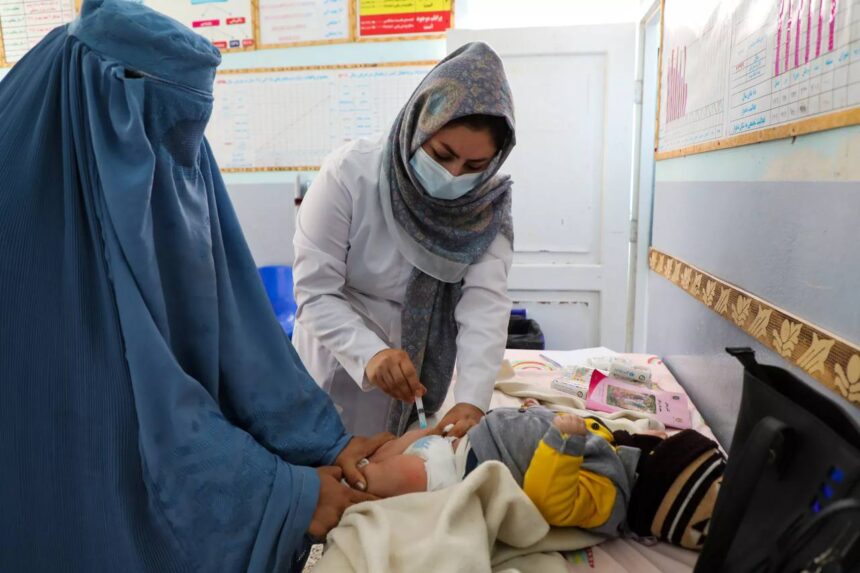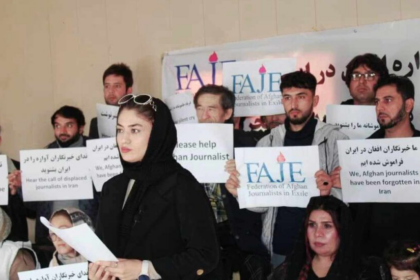RASC News Agency: Over 200 medical centers across Afghanistan, previously operated under the World Health Organization (WHO), have been shut down following a significant reduction in U.S. financial aid, according to a report by Medical Buyers. These centers, which provided crucial healthcare services to approximately 1.84 million people, can no longer offer vital services such as vaccinations, maternal care, and pediatric treatment. The decision, made during the administration of President Donald Trump, resulted in the suspension of over $40 billion in U.S. aid to international development projects. Consequently, more than 80% of programs funded by the United States Agency for International Development (USAID) in Afghanistan have been put on hold.
Reports indicate that the closures have had a particularly severe impact in 28 Afghanistan’s provinces, where more than 80% of clinics have been forced to close due to insufficient resources. The World Health Organization has issued a warning that the ongoing health crisis could have devastating effects on the Afghanistani population. The reduction in U.S. aid has only intensified Afghanistan’s healthcare crisis. Recent reports reveal that more than one-third of clinics in the northern and northeastern regions of the country have ceased operations, with projections indicating that another 220 centers may close by June 2024 due to a lack of funding and resources. The closures, particularly in rural areas where these clinics were the sole healthcare access point, have placed a significant burden on local communities.
For many people in these areas, primary healthcare services were only available through these centers, meaning that their closure effectively cuts off millions from essential medical care. The situation is even more dire for women and children, who require specialized health services. Additionally, the Taliban’s restrictions on women traveling without a male guardian have compounded the barriers to accessing healthcare. Humanitarian organizations are also feeling the strain of the funding cuts. Save the Children has announced that it has been forced to close 28 out of its 32 clinics due to financial constraints, with the remaining 14 clinics only having enough funds to operate for one more month. Furthermore, the Norwegian Refugee Council confirmed that, in response to reduced funding, it has shut down two of its social service centers in Afghanistan. These centers, which provided assistance to internally displaced persons, are now at risk of complete closure.
Overall, the closure of health centers, coupled with a dramatic reduction in humanitarian aid, has worsened Afghanistan’s health and humanitarian crisis. Both international and local organizations have raised alarms that, if the situation continues, it could threaten the lives of thousands and deepen the country’s already dire health and humanitarian conditions.






